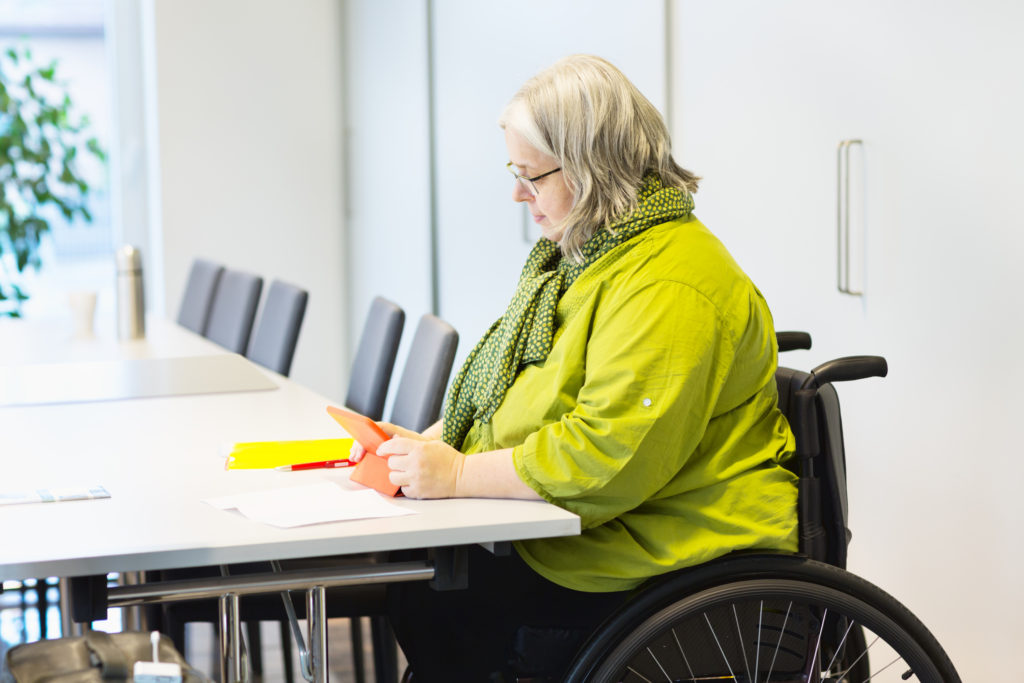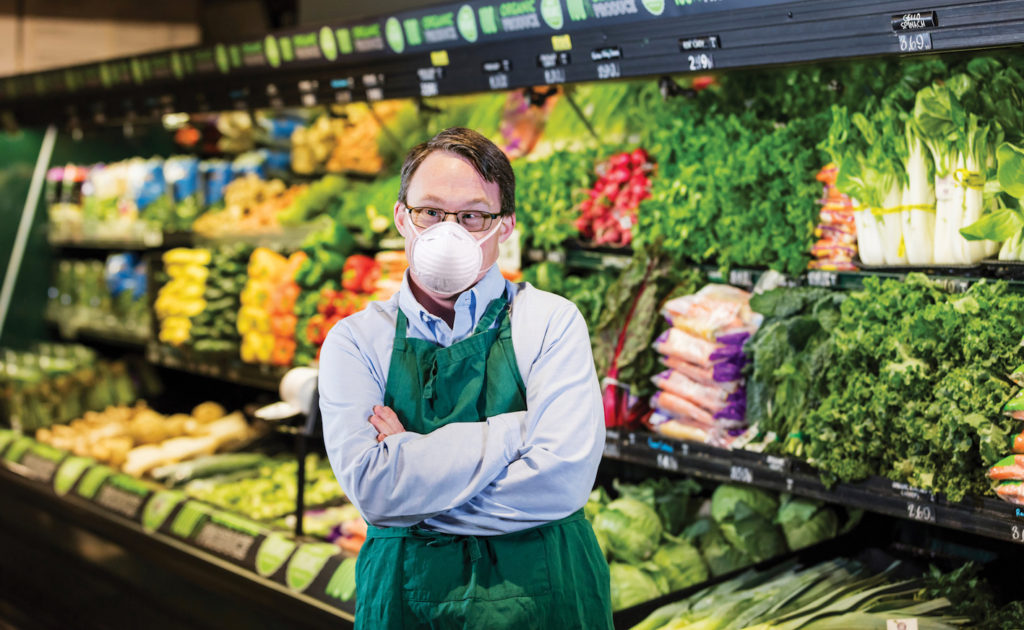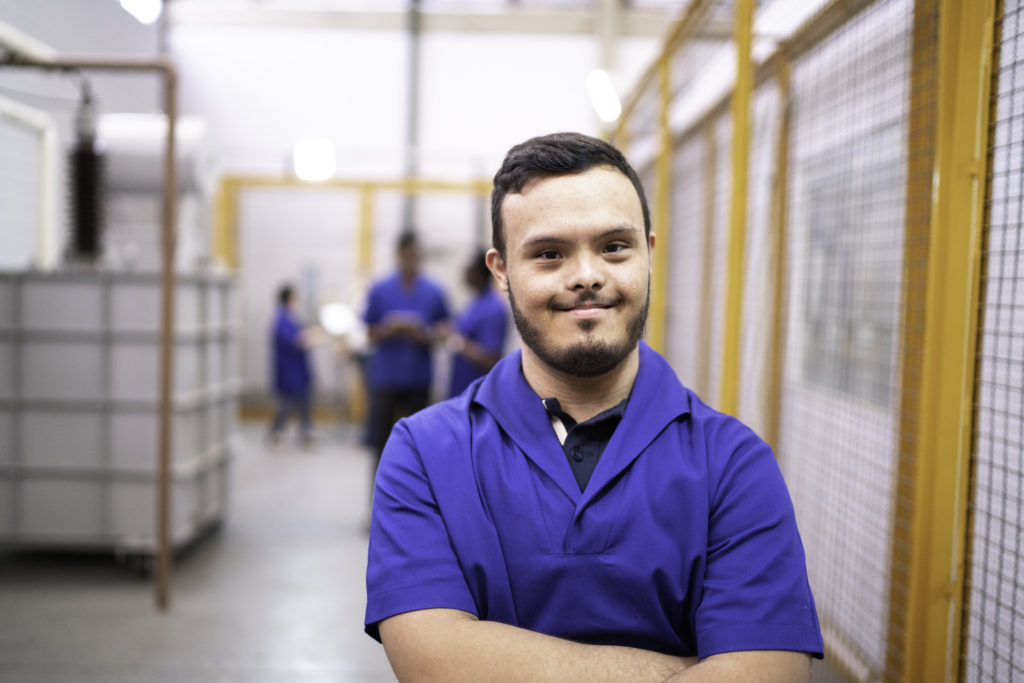BY STEPHEN TRUMPER
Let’s face it…we’re more than pumped to get back to work and life before quarantine. Keeping in mind that a vaccine is probably months away, however, all of us still need to be mindful of the risks. The need to be cautious is particularly relevant to those of us in the disability community, many of whom are deemed to be at greater risk due to underlying medical conditions. On a daily basis we need to carefully weigh the personal risks associated with leaving our homes or inviting others into them, of taking public transit, of visiting a grocery store, a restaurant or a place of worship. What might work for some people in the general population may not work for us.
What follows are some essential tips, guidelines and helpful advice that I’ve collected to help you keep this dastardly virus at bay while you go about your business at work, at play and at school.
Preparing for medical appointments to reduce anxiety and confusion
Whether it be a doctor, dentist, chiropractor, therapist or physio, expect your office and lab appointments to look a little different these days.
- Phone ahead to find out what the office’s safety protocols are, and what you need to know in advance, including what time they want you to show up and where you should wait.
- Wear a mask or cloth covering.
- Wash your hands on arrival.
- Use disinfectant wipes to wash down anything that needs it to satisfy yourself that surfaces and other things are clean and hygienic.

Back into the workplace
Heading back may be daunting. Think of the shortest route you can use to get to your office/desk and make sure you understand the company protocols.
- Make sure all desks and working spaces in an office allow for social distancing or are separated by Plexiglas barriers or equivalent.
- Elevators–given space restrictions and turning requirements, wheelchair, scooter users should request solitary use of the elevator. Be prepared to ask and also be prepared to catch the next lift.
- Remove all clutter and use disinfectant wipes to clean desk tops, office phones, seating and any objects that are kept on your desk or working surface.
- Wash your hands frequently, taking care to make sure you wipe surfaces in a shared bathroom or kitchen /coffee/ water cooler areas. Beware the fridge and microwave door handles.
- Encourage your organization to make sure any sick employees stay home until they fully recover.
- Discuss an immediate operational Plan B with your team in case COVID-19 cases return.
- If you use a wheelchair or any other mobility aids, ask your colleagues not to touch them during the day.
- Check that your workplace has a robust ventilation system that moves the air around.

The safety basics
Before you do anything else, make sure you travel light (only essentials), have planned your excursion and know where you’re going before venturing out.
- Get a supply of disinfectant wipes, a box of gloves and good quality masks and be sure you have an easy way to re-order as needed.
- Know where to get a COVID-19 test if necessary and if you’ve had one, keep the results handy.
- Regardless of your circumstances, figure out how best to keep distance between yourself and others (within about 6 feet, or 2 meters). Keep in mind some people may have COVID-19 and spread it to others, even if they don’t have symptoms or don’t know they have the virus.
- Find a way to wash your hands often with soap and water for at least 20 seconds, or use an alcohol-based hand sanitizer that contains at least 60 per cent alcohol.
- Cover your face with a mask or cloth in public spaces, such as the grocery store, where it’s difficult to avoid close contact with others. Only use non–medical cloth masks—surgical masks and N95 respirators should be reserved for healthcare providers or, perhaps, if you live with or regularly visit somebody with an ongoing and underlying respiratory condition.
- Avoid touching your eyes, nose and mouth and if you cough or sneeze, cover your mouth and nose with your elbow or a tissue, and try to turn away.
- Clean and disinfect high-touch surfaces regularly.
- Stay home from work, school, public transportation and shops if you are feeling unwell.

Out for lunch or shopping
Not everyone is following the guidelines below. You’re on your own:
- Always wear a mask or cloth covering.
- Order food delivery when you can.
- Shop online rather than in person.
- Take hand sanitizers or wipes with you when venturing out.
- Practice social distancing at counters and in line-ups.
- Be aware of and follow floor markings and directional arrows.
- Use a credit or debit card rather than cash. l Favour stores with special hours/services for persons with disabilities and seniors.
- Choose locations with good safety protocols, Plexiglas barriers, and mandatory staff and customer facial covering.
- Pick places where you can access fresh air or where there are robust ventilation systems.
- Phone ahead to find out the store’s hours, number of people permitted at any given time, wheelchair access and special services.

Hiring PSWs, attendants or other caregivers
Work with people you can trust to keep you safe and make sure your PSWs and other caregivers have the necessary personal protective equipment (PPE) for your care and their safety when they are out and about in the community or caring for others. If they are not wearing the appropriate equipment they could actually be spreading the virus to you and to others, which you want to avoid at all costs.
- Know where to get supplies. If you are running short of PPE, check with your healthcare providers.
- Make sure your caregivers are tested regularly for COVID-19, and that you are made aware of their status at all times.
- Have a back-up plan for when caregivers cannot come to work.
- Work with any agency or organization you use regularly to provide that back up, or, if you hire your caregivers independently, with the individuals themselves.
- If for any reason your assigned caregivers are not wearing the PPE they should be wearing while providing your care, mention it to them but also notify the organizations they are associated with.





